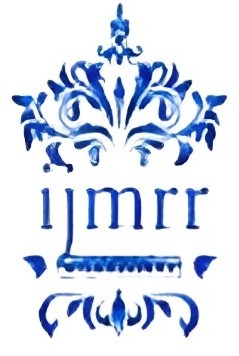Noise Cancellation In An Audio Signal With Adaptive Filters Techniques
Abstract
Noise has always been an un-favorable performer in
any form of communication. Because noise is a
random process that changes over time, it is
estimated at each instant to cancel out the original
signal. Unless a perfect noise cancellation system is
used in voice communication, any recorded or live
speech data signal transmitted will be useless. There
are several noise cancellation schemes, but the
adaptive filter is the most effective. By implementing
the three conventional adaptive algorithms [LMS,
JAYA] noise was eliminated significantly. The
Simulation results indicate a higher quality of noise
cancellation
This paper presents a novel approach to noise
cancellation in audio signals utilizing adaptive
filters, specifically focusing on the Jaya algorithm
and the Least Mean Squares (LMS) algorithm. Noise
pollution significantly degrades audio quality,
impacting
various
applications
such
as
telecommunications and music production. The
proposed method integrates the Jaya algorithm, kno
noise cancellation using adaptive filters, specifically
through the integration of the Jaya algorithm with
the Least Mean Squares (LMS) algorithm. In the
realm of audio signal processing, noise cancellation
is a critical challenge that affects various
applications, including telecommunications, music
production, and hearing aids. Traditional methods
often struggle to adapt to dynamic noise
environments, leading to suboptimal performance. The Jaya algorithm is a population-based
optimization technique characterized by its
simplicity and efficiency in finding optimal
solutions. By leveraging the strengths of the Jaya
algorithm, we enhance the LMS algorithm, which
adjusts filter coefficients based on the error signal
to minimize the difference between the desired and
actual audio output. The adaptive nature of these
algorithms allows for real-time updates, making
them suitable for varying noise conditions.











